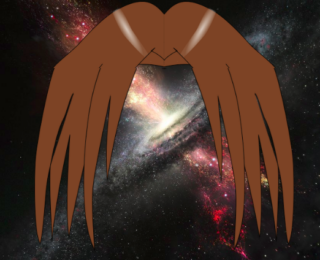
Using eROSITA to look at Beautiful AGN Blow-outs
In today’s paper, the authors use eROSITA to assemble a sample of the beautiful blow-outs that can occur in galaxies when AGN turn on.

In today’s paper, the authors use eROSITA to assemble a sample of the beautiful blow-outs that can occur in galaxies when AGN turn on.

You’re going to love whipping up today’s recipe for a radio donut made from an AGN jet!
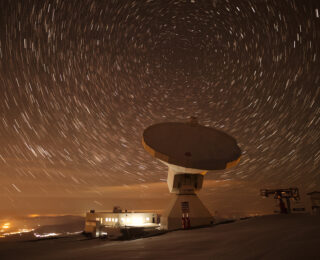
Today’s bite explores how the Cosmological Principle can be tested by counting radio sources across the sky.
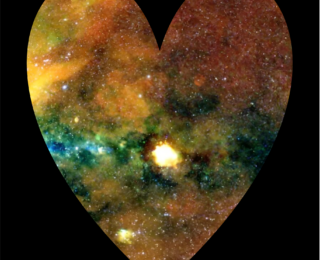
Today’s paper looks at the impact of AGN feedback on X-ray emission around an unprecedented sample of galaxy groups!
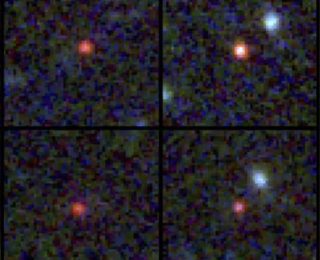
Today’s authors try to determine how many galaxies with massive black holes are likely to be present in the early universe
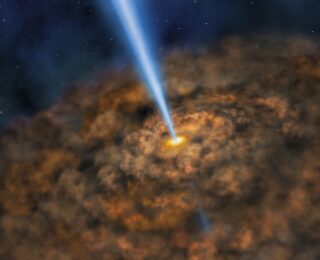
Today’s paper uncovers new changing-look AGN in the first year of the SDSS-V survey!